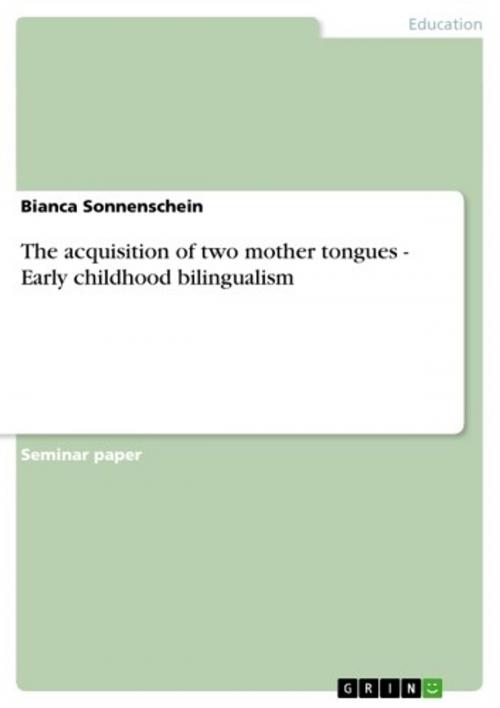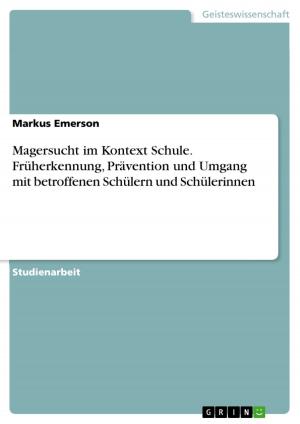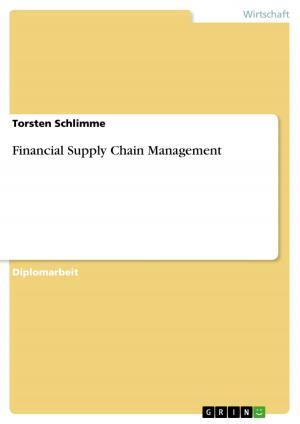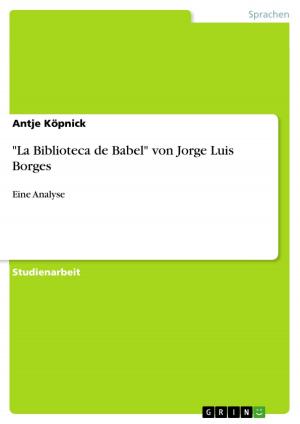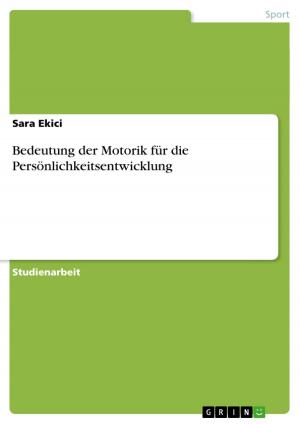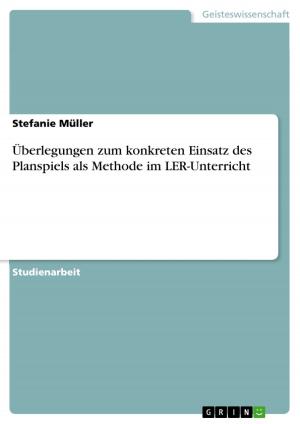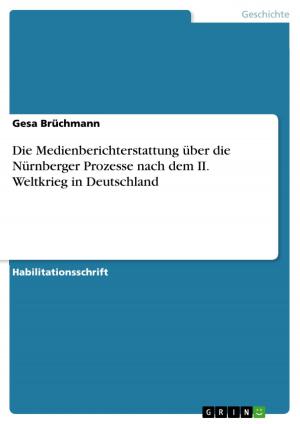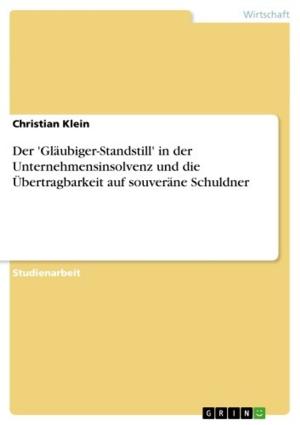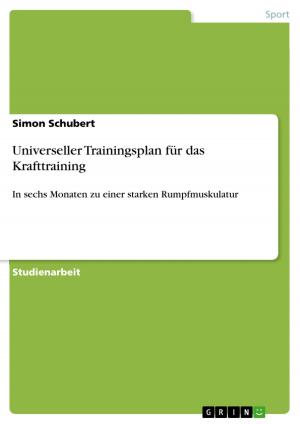The acquisition of two mother tongues - Early childhood bilingualism
Early childhood bilingualism
Nonfiction, Reference & Language, Study Aids, ESL, Foreign Languages| Author: | Bianca Sonnenschein | ISBN: | 9783638835794 |
| Publisher: | GRIN Verlag | Publication: | July 22, 2007 |
| Imprint: | GRIN Verlag | Language: | English |
| Author: | Bianca Sonnenschein |
| ISBN: | 9783638835794 |
| Publisher: | GRIN Verlag |
| Publication: | July 22, 2007 |
| Imprint: | GRIN Verlag |
| Language: | English |
Seminar paper from the year 2003 in the subject English - Pedagogy, Didactics, Literature Studies, grade: 2,0, RWTH Aachen University (Anglistik), 5 entries in the bibliography, language: English, abstract: The phenomenon of bilingualism is very widespread and a much discussed topic. In reading about it one finds out that there are numerous facets to be considered. While doing research work I wanted to concentrate on childhood bilingualism or 'early bilingualism'. When doing so, I found out that I would have to specify my topic for the seminar paper, as even concerning only this part of bilingualism the material I found was overwhelming. My special interest then focused on the aspect of the acquisition of two mother tongues. How exactly does this acquisition take place? How does the child become bilingual? Is it really already in infancy that the child is aware of learning two separate languages or does this awareness rather develop in the process of growing up? Is there a general rule one can refer to when talking about the process of acquiring two mother tongues? These are questions I want to deal with in this paper and to which I will try to find answers. As the acquisition of two mother tongues nowadays is seen as something positive I first want to have a look at the development of this general opinion. In the next section I want to employ some case studies to show the different strategies of bilingual education and compare them to each other in order to find out if there is a favourable one. Section Four then will deal with the question whether there is only one language system or separate language systems in 'early bilingualism.' Finally I want to mention some sociolinguistic aspects referring to childhood bilingualism, such as what factors determine the language choice in children or the phenomenon of interference or code-switching, to be able to draw my own conclusions in section 6.
Seminar paper from the year 2003 in the subject English - Pedagogy, Didactics, Literature Studies, grade: 2,0, RWTH Aachen University (Anglistik), 5 entries in the bibliography, language: English, abstract: The phenomenon of bilingualism is very widespread and a much discussed topic. In reading about it one finds out that there are numerous facets to be considered. While doing research work I wanted to concentrate on childhood bilingualism or 'early bilingualism'. When doing so, I found out that I would have to specify my topic for the seminar paper, as even concerning only this part of bilingualism the material I found was overwhelming. My special interest then focused on the aspect of the acquisition of two mother tongues. How exactly does this acquisition take place? How does the child become bilingual? Is it really already in infancy that the child is aware of learning two separate languages or does this awareness rather develop in the process of growing up? Is there a general rule one can refer to when talking about the process of acquiring two mother tongues? These are questions I want to deal with in this paper and to which I will try to find answers. As the acquisition of two mother tongues nowadays is seen as something positive I first want to have a look at the development of this general opinion. In the next section I want to employ some case studies to show the different strategies of bilingual education and compare them to each other in order to find out if there is a favourable one. Section Four then will deal with the question whether there is only one language system or separate language systems in 'early bilingualism.' Finally I want to mention some sociolinguistic aspects referring to childhood bilingualism, such as what factors determine the language choice in children or the phenomenon of interference or code-switching, to be able to draw my own conclusions in section 6.
